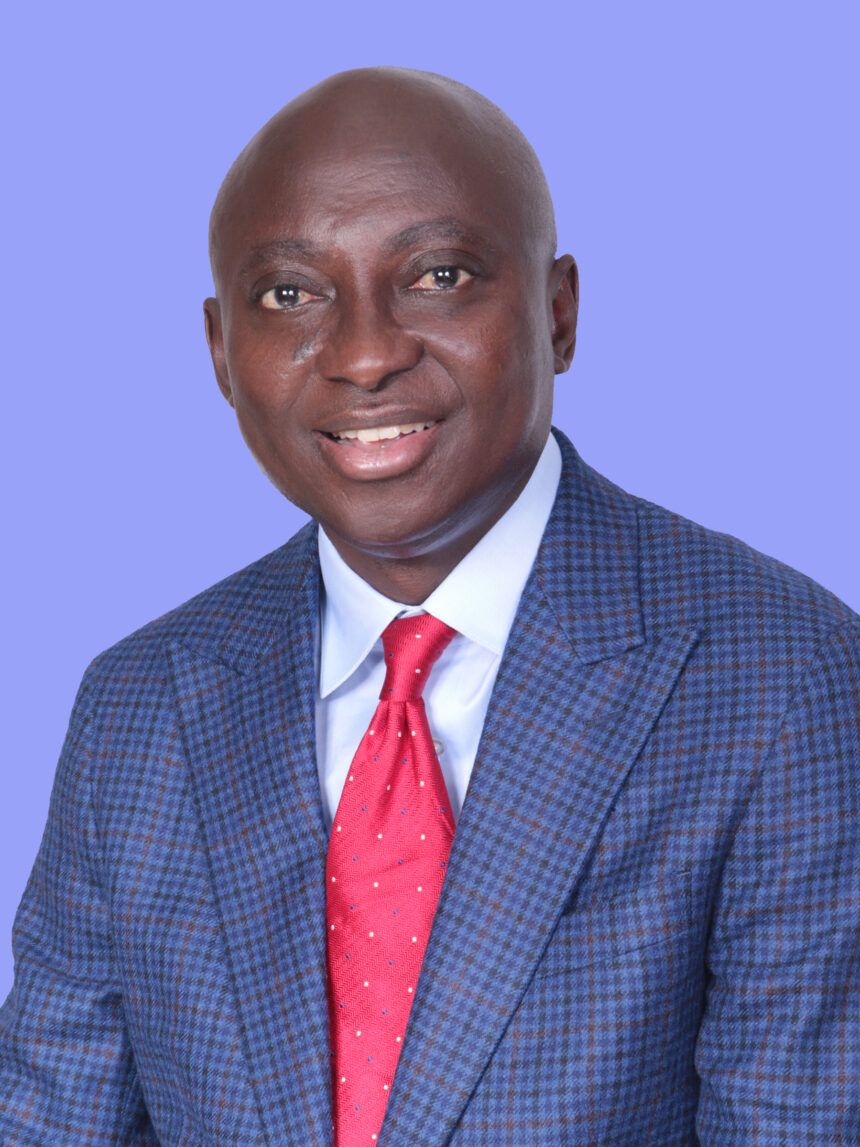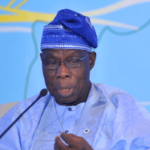ACCRA — Former New Patriotic Party (NPP) Member of Parliament for Abuakwa South, Samuel Atta Akyea, has fired back at a stark caution from party founding member and economist Andrews Kwame Pianim, insisting that the NPP is indestructible due to its deep “spiritual roots.” Atta Akyea’s rebuttal comes in response to Pianim’s recent assertion that the opposition party could fade into obscurity like the historic Convention People’s Party (CPP) if it fails to resolve mounting internal conflicts and restructure effectively. The exchange highlights simmering tensions within the NPP, Ghana’s main opposition force, as it licks its wounds from the December 2024 election loss to President John Dramani Mahama‘s National Democratic Congress (NDC).
Pianim, a veteran economist and NPP elder known for his candid critiques, issued his warning during a TV3 interview on August 11, 2025, amid growing dissatisfaction among party stalwarts. He lambasted the NPP’s decision to elect a flagbearer before conducting grassroots elections, calling it a flawed “top-to-bottom” approach that alienates the base and invites irrelevance. “If we don’t change course, we’ll be as irrelevant as the CPP in Ghana’s politics,” Pianim stated, referencing the CPP’s dramatic decline after leading Ghana to independence in 1957 under Kwame Nkrumah. He expressed concern over the party’s direction under younger leaders, urging a strategic review to rebuild unity. “A lot of NPP founding members are unhappy with the direction and state of the party,” Pianim added, emphasizing that ignoring elder counsel could doom the NPP’s future.
The CPP’s fate serves as a potent cautionary tale in Ghanaian politics. Once a dominant force that spearheaded decolonization, the party splintered due to internal divisions, authoritarian tendencies, and Nkrumah’s 1966 overthrow, leaving it fragmented and electorally marginal today. Pianim’s comparison underscores fears that the NPP, founded in 1992 on principles of property rights and liberal democracy inspired by J.B. Danquah, could suffer a similar implosion if factionalism persists. Recent party wrangling, including disputes over leadership transitions and the 2024 defeat—where the NPP lost the presidency and saw its parliamentary majority erode—has fueled calls for reform. With youth unemployment at 13% and economic recovery under Mahama’s “Reset Ghana” agenda progressing, the NPP risks losing ground to a revitalized NDC if it doesn’t coalesce.
Atta Akyea, a longtime NPP heavyweight and legal expert who served as MP from 2005 to 2025, rejected Pianim’s doomsday scenario outright during a TV3 interview on September 15, 2025. “Nothing can destroy the NPP; it has spiritual roots,” he declared, invoking the sacrifices of founding father J.B. Danquah, who endured imprisonment at Nsawam Prison and ultimately died in detention in 1965 for his role in opposing Nkrumah’s regime. Atta Akyea argued that such historical fortitude and ideological bedrock render the party resilient against internal squabbles. “Dr. J.B. Danquah paid the ultimate price. This party has spiritual roots,” he emphasized, framing the NPP’s endurance as almost divinely ordained.
The former MP’s response reflects a broader divide within the NPP between reformist elders like Pianim and defenders of the status quo. Atta Akyea acknowledged the need for introspection but downplayed existential threats, suggesting Pianim’s views are overstated. This comes as the NPP convenes stakeholder engagements to strategize ahead of 2028 elections, with Pianim himself advocating for such forums to “rebuild, restructure, and build a united front.”
Ghana’s two-party dominance, with the NPP and NDC alternating power since 1992, hangs in the balance. The NPP’s 2024 setback—attributed to economic hardships like the cedi’s prior depreciation and inflation spikes—has amplified internal voices for change, including calls for broader primaries as urged by UPSA lecturer Ishaq Ibrahim. Atta Akyea’s stance may rally loyalists but risks alienating reformers.
In the meantime, Atta Akyea’s invocation of “spiritual roots” offers some glimmer of belief, but Pianim’s critique persists as a sobering reminder: Unity isn’t optional in Ghana’s high-stakes political arena.




